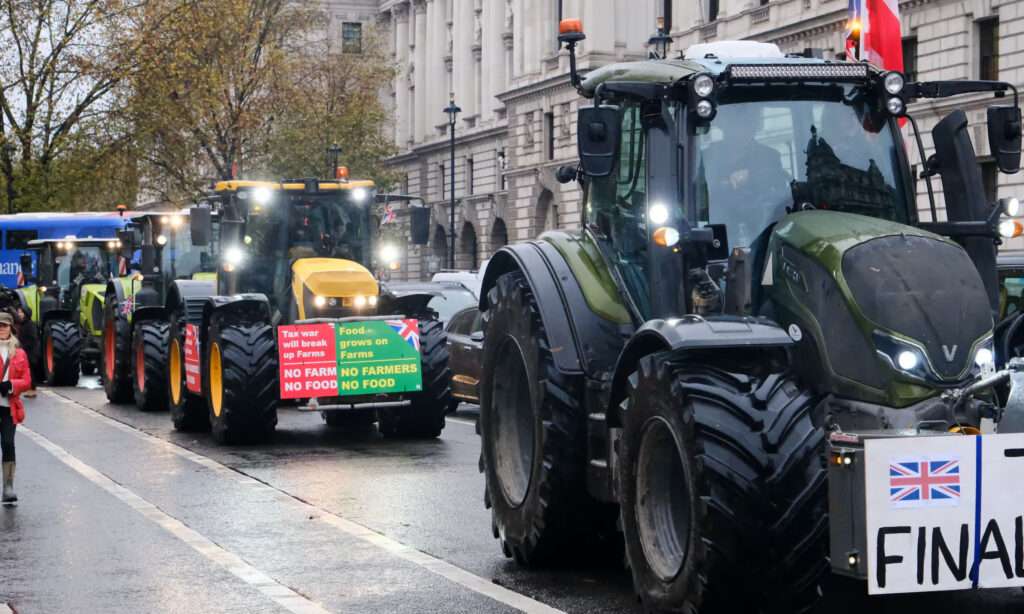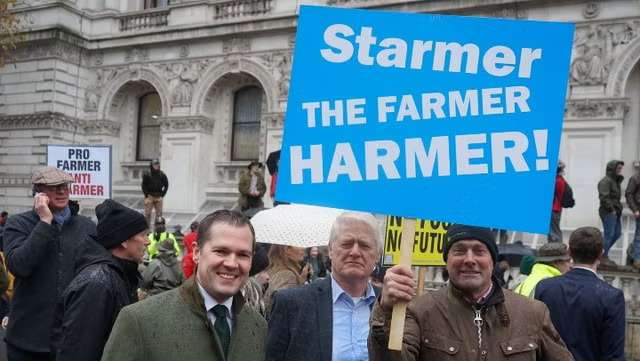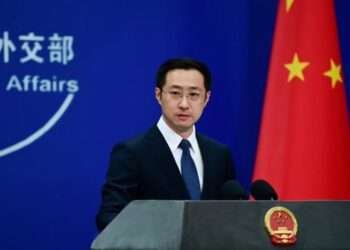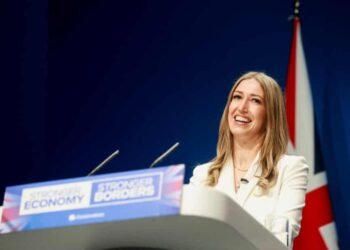The farming community has warned the government sternly following the controversial plan to reduce inheritance tax relief on agricultural properties. Over 13,000 farmers and supporters protested in Westminster, with calls for more disruptive demonstrations if the measure is not rescinded.
Tom Bradshaw, president of the National Farmers’ Union (NFU), conveyed the community’s resolve for stronger action, saying, “The ball is in the government’s court. They have to be the ones that now decide how they react to this.” Following the protest, Bradshaw and other farming leaders met with 150 MPs to stress that the policy risks disrupting food supplies and fragmenting family farms.
Despite the outcry, Environment Secretary Steve Reed dismissed concerns on Tuesday, insisting that the policy’s impact was exaggerated and that many protestors misunderstood its implications.
Jeremy Clarkson Joins the Rally
Among those addressing the demonstrators was TV presenter and landowner Jeremy Clarkson, who decried the policy as a “hammer blow to the back of the head” for British agriculture. His words resonated with the crowd, symbolizing the broader fears that the policy would have long-term repercussions on the farming industry.
First outlined in Chancellor Rachel Reeves’s Budget, the proposal aims to eliminate inheritance tax relief on agricultural properties valued above £1 million. This measure has infuriated rural communities, who argue it could devastate family-run farms and hinder future generations from continuing in the agricultural trade.
Concerns Over Food Security
Farmers from across the country joined the demonstration to voice their apprehensions. Oliver Atkinson, a farmer from Hampshire, urged the government to recognize that the policy was “rushed through, wasn’t thought out, and was a mistake.”
Tom Morphew, representing Full Circle Farms in Sussex, echoed those concerns. “If this carries on, there won’t be a next generation of farmers,” he said.
“It’s not just about the tax, it’s about food. If we can’t do it, we’re going to rely on food from Peru, Spain or Portugal – and when they have a flood or a war, we won’t get the food. It will go to their people first and we’ll be stuffed, and food prices will soar.”
Tom Morphew
Government’s Justification Amid Division
Prime Minister Sir Keir Starmer, responding from the G20 summit in Brazil, denied that the Labour government’s Budget was targeting a specific class with the changes. “No, absolutely not. It isn’t at all what we’re doing,” he stated, reassuring that “the vast majority will be unaffected.”
The demonstration saw moments of tension when tractors drove through a no-entry sign in Westminster, an action the Metropolitan Police labeled as “not acceptable.” However, most of the protest was peaceful, underscoring the farmers’ determination to make their voices heard.

Reeves defended the policy in a joint statement, maintaining that difficult choices were necessary to address public finance shortfalls. “We recognise the strength of feeling expressed by farming and rural communities in recent weeks,” the statement read.
“We are steadfast in our commitment to Britain’s farming industry because food security is national security. It’s why we are investing £5bn into farming over the next two years – the largest amount ever directed towards sustainable food production, rural economic growth and nature’s recovery in our country’s history.”
Rachel Reeves
Bradshaw, reflecting on a meeting with Reed before the protest, suggested internal disagreements within the government. He claimed that Reeves had “refused to engage” with farmers and that the Department for Environment, Food and Rural Affairs (Defra) was “not consulted” before the policy was announced.
The farming community now waits to see if their rallying cry will prompt a change, as tensions simmer and calls for more direct action loom.























